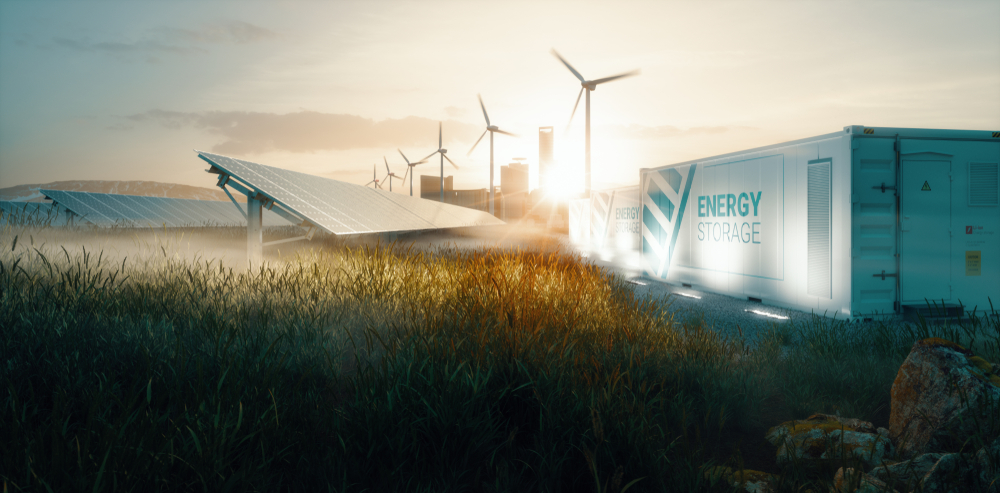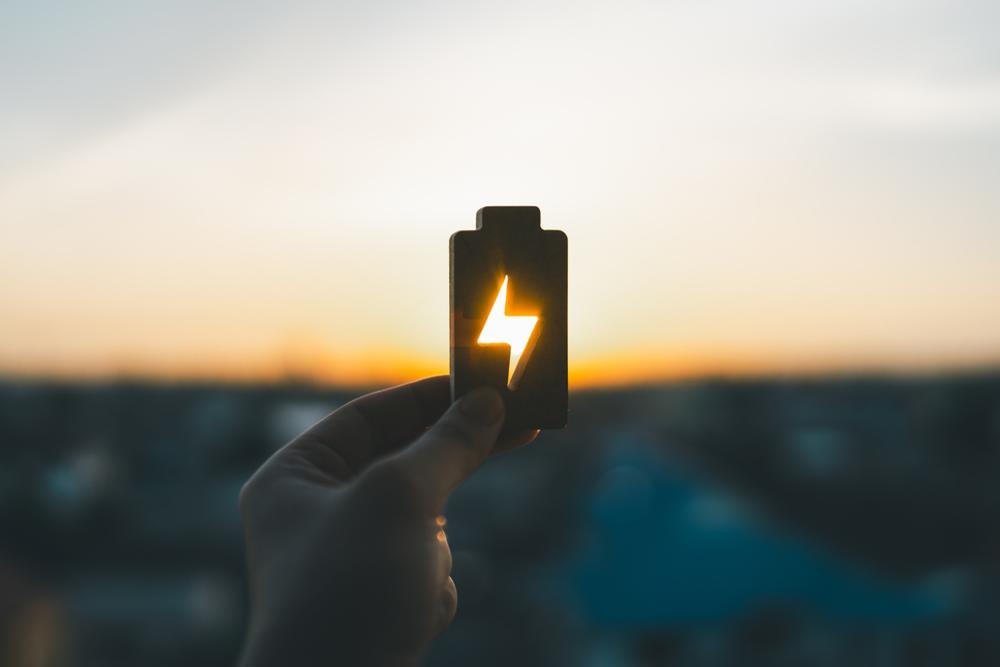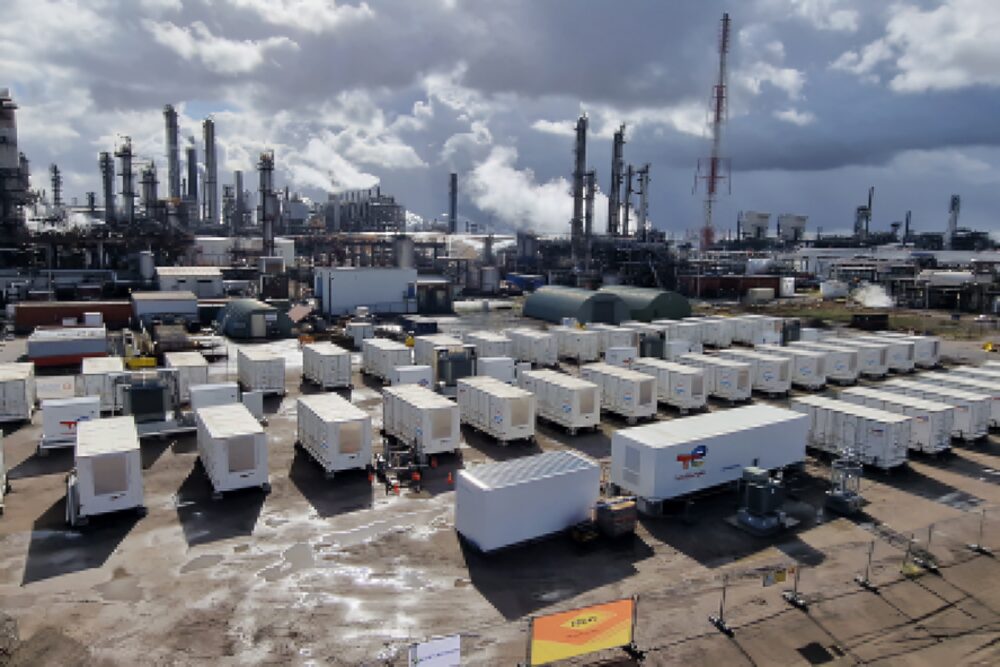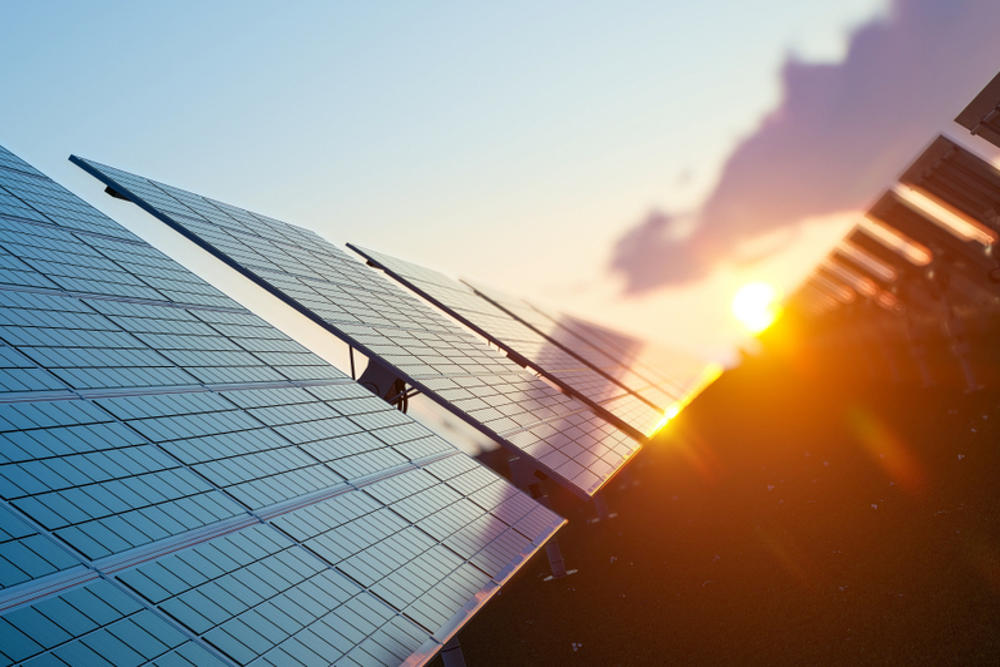
The Clean Energy Council has welcomed the Australian Capital Territory (ACT) Labor Government’s recent election commitment to deliver a 250 Megawatt (MW) battery network.
Utility-scale batteries help to smooth the output of wind and solar and can also provide critical system services, including swift response to frequency changes on the energy system.
Clean Energy Council Chief Executive, Kane Thornton, said that its great to see the support of new renewable energy generation with a big vision for energy storage capability.
“Battery storage can ensure that energy users have access to clean, low-cost renewable electricity 24/7, and government support can accelerate the deployment as the cost of storage comes down,” said Thornton.
The community battery model, like the Big Canberra Battery plan, is emerging as a smart and efficient way to deploy storage. Energy storage currently accounts for around 6 per cent of Australia’s renewable energy workforce (excluding Western Australia and the Northern Territory), as revealed in the Clean Energy at Work report.
The election commitment points to new business models unlocked by the deployment of community-scale batteries including PowerBanks, peer-to-peer trading and power-sharing.
Results of the latest Renewables Reverse Auction
The proposal builds on the two large-scale batteries announced last month as part of the ACT Government’s fifth Renewables Reverse Auction. The big batteries will support the territory’s own grid, providing power to help avoid blackouts during periods of high demand and when large fossil fuel generators fail in heatwave conditions.
The latest round of the ACT Government’s renewable electricity ‘reverse auction’ will help Canberra stay 100 per cent renewable into the next decade and deliver the best pricing outcome for residents in the program’s history.
The winners of this round were Neoen, for Stage 1 of the Goyder South Wind Farm in South Australia and GPG, for Stage 2 of the Berrybank Wind Farm in Victoria. This will provide the territory with 200 MW of additional renewable electricity capacity into the grid.
The Government has also required the successful applicants to invest in the industry in Canberra. This will allow the ACT to further develop its renewable energy industry and boost local investments to help create more jobs.
This auction delivered significantly lower prices than previous ACT auctions, with an average price below 50 dollars per megawatt-hour (MW/H), about a third lower than prior auctions.
Neoen have been granted a 10-year feed-in-tariff at $44.97 per MW/h, while GPG have been granted a 14-year feed-in-tariff at $54.48 per MW/h.
The total cost of the FiTs from all auctions are expected to remain below $4.90 per household per week.
The locations of the batteries are yet to be determined.












